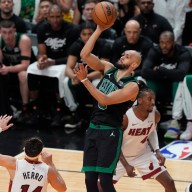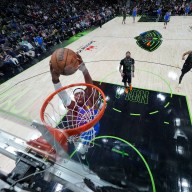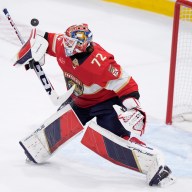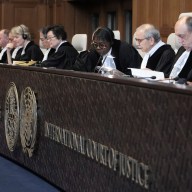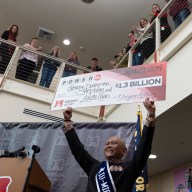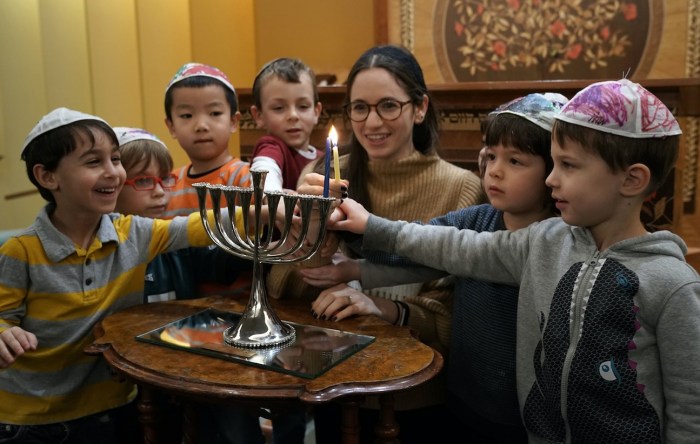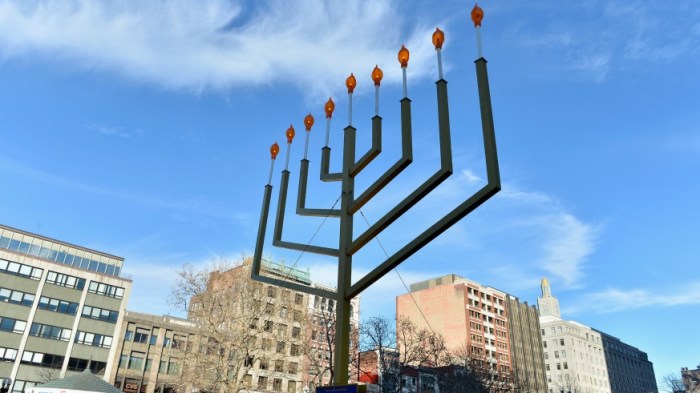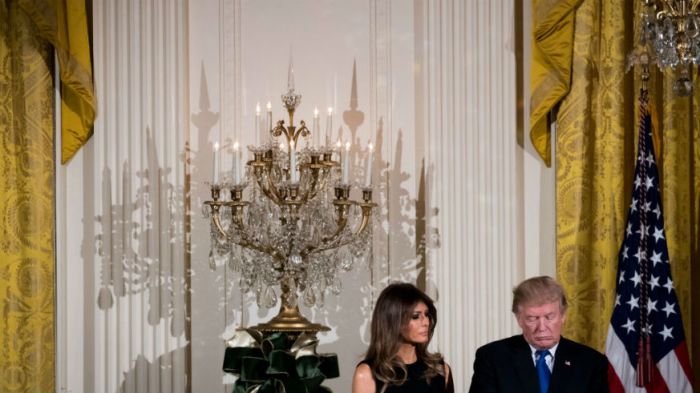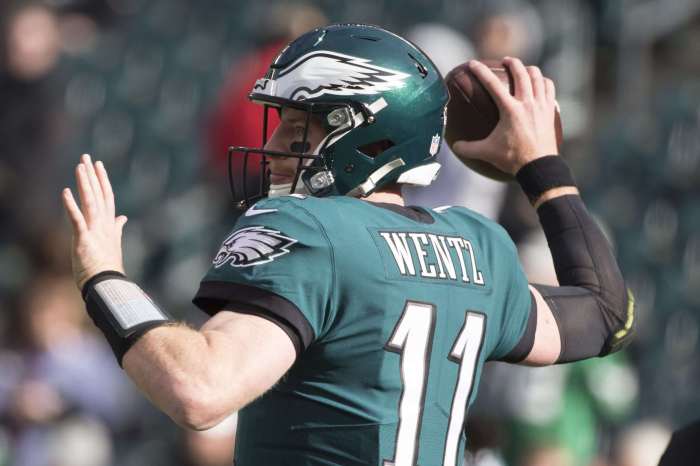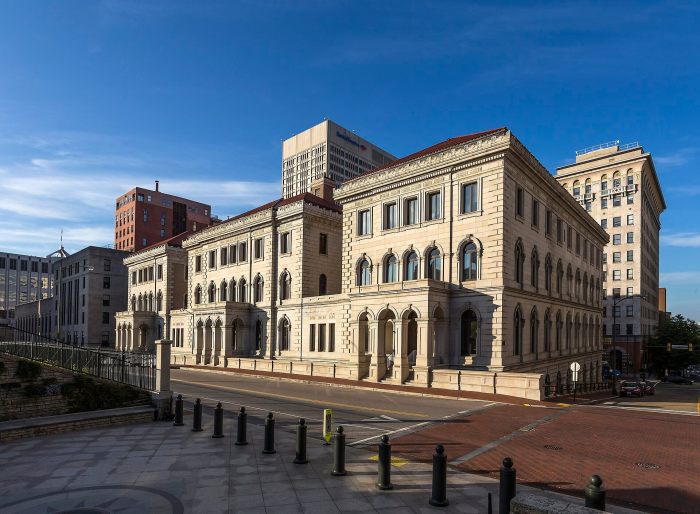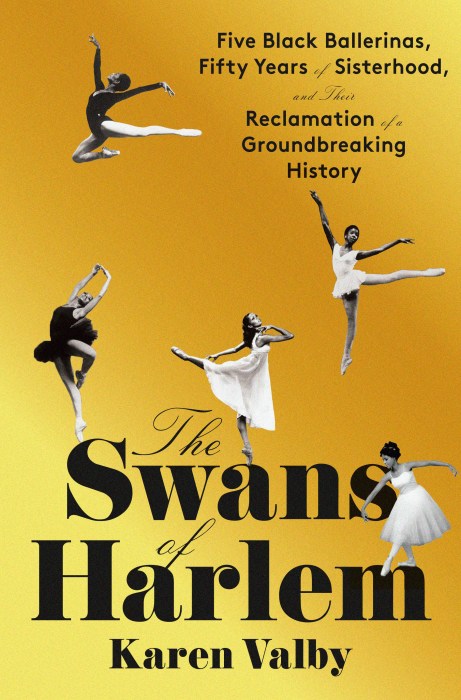In light of the holiday season, we thought it’d be fun to celebrate the Jewish festival of lights (see what we did there?) with a series of facts that you just might not have known about this celebration—especially if you don’t celebrate it yourself. Whether you’re looking forward to Hanukkah or another cultural festival this month, it’s always great to learn something new about one of the most important events of the season. Happy holidays! Origins
This is a pretty basic fact, but for all of you who have wondered what exactly is being celebrated during Hanukkah: it, like many other holidays, celebrates a miracle. Thousands of years ago (165 B.C.), a Jewish rebel army called the Maccabees won a battle over the Syrian Greeks. The victors were trapped in a temple for eights days with only one day’s worth of oil. Miraculously, though, the oil burned for eight days. Thus, Hanukkah celebrates the seven miraculous days during which the oil was not supposed to burn—but did. Wait—When is it?
Jewish holidays don’t follow the Gregorian calendar (i.e., the calendar we refer to when we cite 2014 as the year and December as the month). Because of this, Hanukkah never falls on the same Gregorian day each year. However, the holiday does fall on the same day of the Hebrew calendar every year: the 25th of Kislev. The Menorah
Adopted as a national symbol of Israel and among the major symbols of the Jewish religion, the menorah is a candleholder with seven places on it, and it’s not used on Hanukkah. Instead, a special nine-pronged candelabra is used: one candle as the source of light, ith the next eight being lit one a day for the duration of the holiday. No Mention?
Hanukkah is unique among the Jewish holidays, because it is the only one not directly referenced in the Bible. This is because the events of the holiday took place after the Old Testament was compiled. Don’t Bother With Spellcheck
If you can’t write in Hebrew, you’re always going to misspell “Hanukkah.” The sound at the beginning of the word—a more strong, guttural “H” sound—cannot be represented in another language. This explains why there are so many spelling variations, including “Chanukkah,” “Hanukah,” and “Chanukah.” Just Fry It
Because oil is such an important part of the holiday, fried foods are hugely encouraged during Hanukkah. Among the most popular dishes are latkes, or potato pancakes, and sufganiyot, or jelly doughnuts. Spin the Dreidel
The “dreidel” is a spinning top with different Hebrew letters on each side: nun, gimel, hey and shin. These letters make up the initials of the following message: “A great miracle happened there” (in reference to the miracle of Hanukkah). During the dreidel game, players start out with the same amount of money or candy and they lose or gain depending on which letter turns up when they spin the top. Getting Gelt
The tradition of giving money as a gift on Hanukkah began in the Middle Ages, when gelt (a Yiddish word for money) was given to teachers. Eventually, money began to be given to children as well, and they were expected to donate some of it to charity as a good deed. Hyping the Holiday
Until the 1800s, Hanukkah wasn’t nearly as widely-practiced as it is today. In fact, it wasn’t until Christmas became increasingly popularized and commodified that rabbis began to emphasize Hanukkah in the hopes that their congregations wouldn’t get too wrapped up in the Christmas spirit. Pop Culture Presence
It’s easy to automatically think of a Christmas-filled Netflix queue when thinking of holiday movies, but Hanukkah has been seeing an increasingly large presence in entertainment. The film Eight Crazy Nights, for example, is widely popular—and so is the O.C., a show which prominently featured Hanukkah in one of its holiday episodes.
10 things you (most likely) didn’t know about Hanukkah
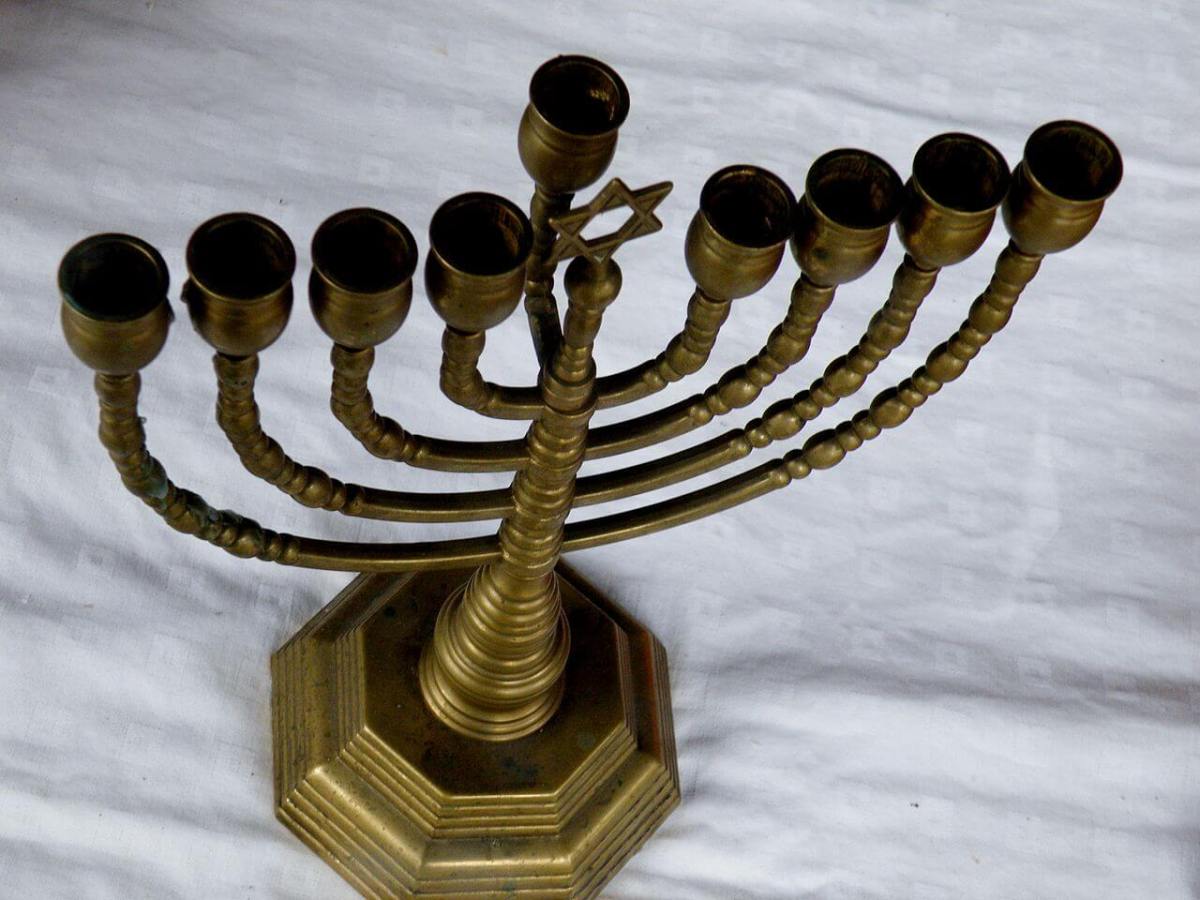
Roy Lindman

